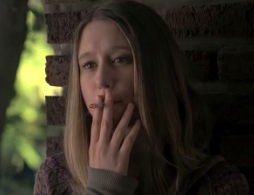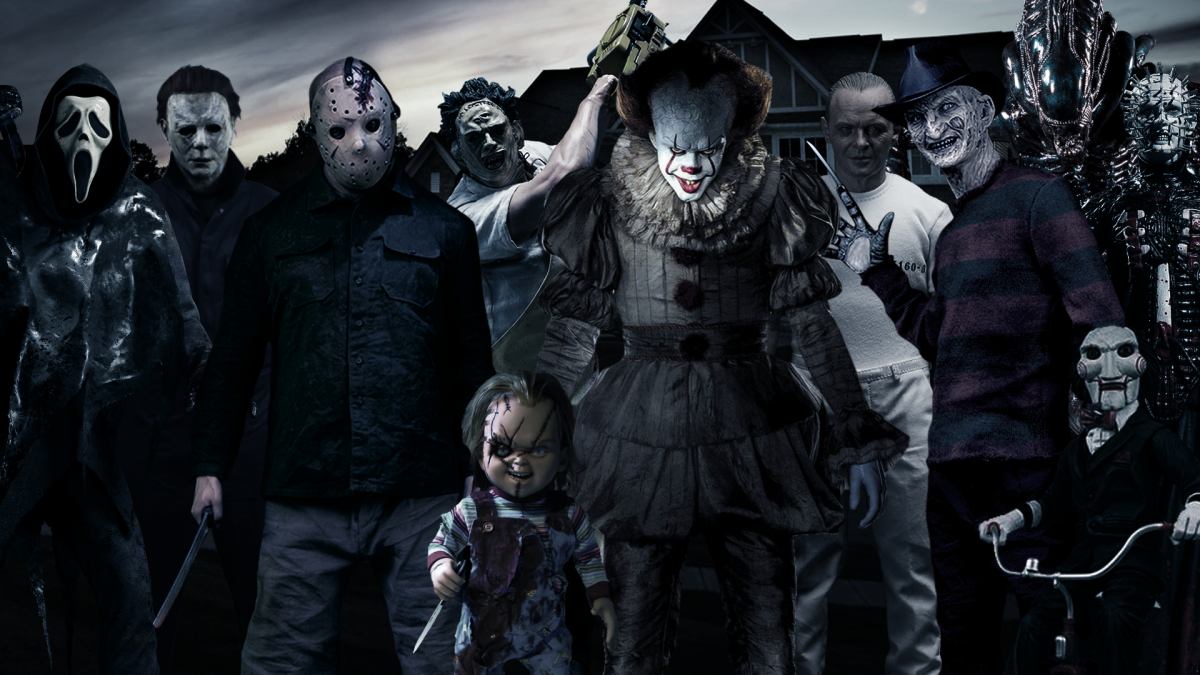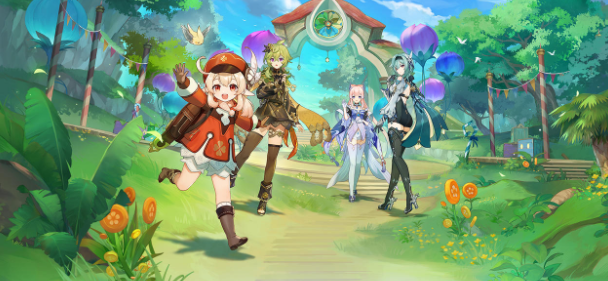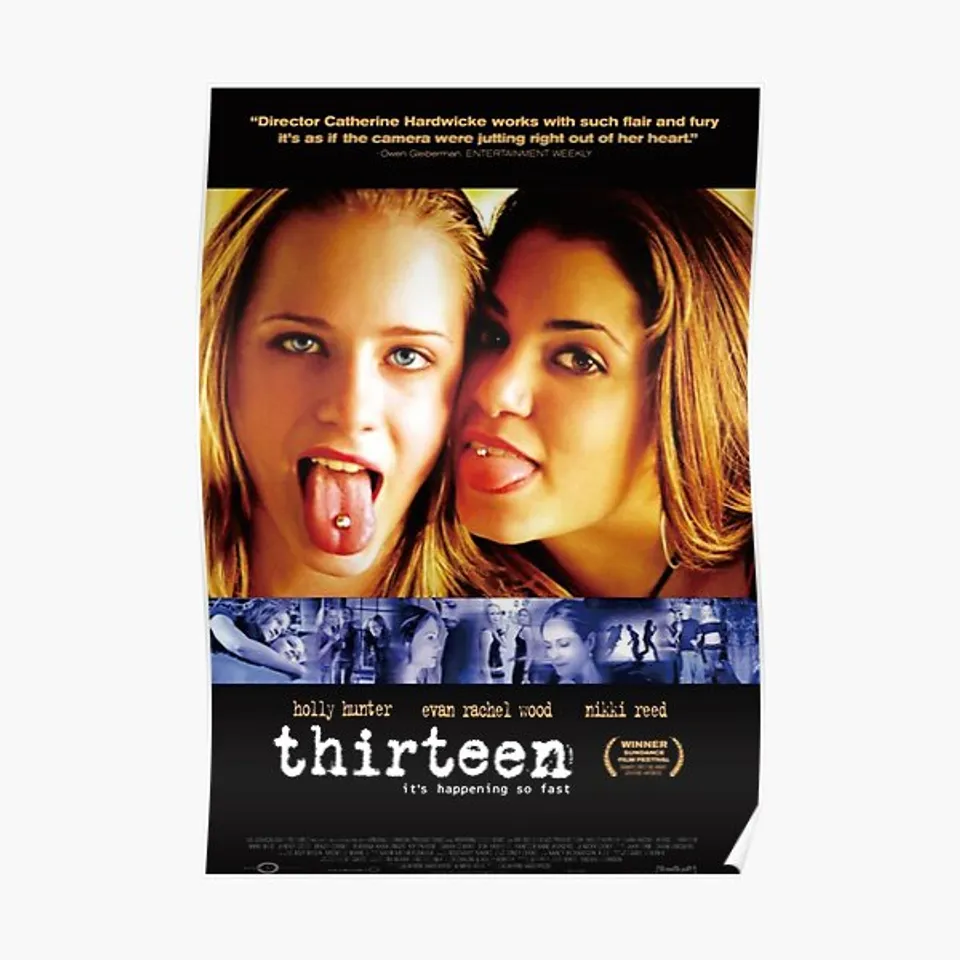Does American Horror Story: Murder House Romanticize Depression?

November 17, 2022
Murder House is the first season of American Horror Story and the one that, perhaps rightfully, drew the most attention towards the series. The story begins by introducing us to the Harmon family as they make their way to their new home in Los Angeles. Ben Harmon, a psychiatrist, drives with his wife, Vivian, and their depressed fifteen-year-old daughter, Violet. When they get out of the car, Violet stares forlornly at their new house. The fateful building seems to stare back.
We are quickly introduced to the history of the Harmon’s new home, known to the neighborhood as “The Murder House”. Unbeknownst to Ben, Vivian, and Violet, they are not alone. Every person to die there (which is nearly every past resident) has remained there, their spirits trapped inside the gated lawns forever.
Ben begins seeing clients right away. We meet Tate, one of his teenage patients, seeing him about various mental problems. Tate talks about cutting himself and wanting to kill other people. He says he wants to send them to a better place.
Meanwhile, Tate and Violet quickly become friends, despite Ben telling her to stay away from him. They bond over their mutual hatred of school and the world in general. In one scene, they are seen comparing self-harm scars.
Watching the series, it becomes overly apparent that Tate is by no means a good person. It’s revealed that he didn’t just think about committing murder- he actually killed seven of his fellow classmates, back when he was still a living teenager. He also assaulted Violet’s mother, albeit before he knew Violet. He was the one who killed the couple who lived in the murder house before the Harmons. After the episode Halloween, Violet finds out about the shooting.
She wrestles with this information. Overwhelmed and miserable, she swallows a bottle of sleeping pills. Tate attempts to save her, but he is too late. Violet dies, but since she is in the Murder House, she simply becomes a ghost and remains unaware she has died for several episodes. When she does figure it out, she is understandably horrified at the thought of eternity in the Murder House. And though Tate had tried to save her, part of me wonders if he isn’t a little happy she’s trapped with him. She does try to forgive him at first, but after finding out what he did to her mother, she leaves him, seemingly for good.
However, in Apocalypse, a sequel season to Murder House (as well as season two, Coven), after Tate saves her mother’s life, Violet decides to forgive him. In my opinion, I don’t think Tate should be forgiven, I don’t think he can be trusted. Perhaps a decade stuck in the Murder House wore her down.
There is a problem with the idea around Violet and Tate’s relationship, it’s obvious pandering to angsty teenagers aside. It’s almost as if, through Tate or the director’s eyes, Violet’s depression is what makes her so special. It’s why Tate loves her. Violet is clearly an unhappy character, the series makes no point to hide that, nor the fact that Tate has undeniably committed a multitude of horrific acts. Maybe it’s the series’ fault for portraying them as some kind of tragic romance despite this.
Or perhaps the blame can be found in the audience’s interpretation of the show. When Murder House was aired, Tate and Violet’s relationship specifically became very popular online and was heavily romanticized, especially on Tumblr.
In all the internet, nowhere is teenage angst and depression so prolific as on the app Tumblr. Now, Tumblr has some censorship on what you can post in relation to topics of self-harm. But when Murder House came out, no such censorship existed. Photos of self-harm with quotes about sadness, mental illness, or lyrics to songs by artists like Lana Del Rey were immensely popular. Violet Harmon was seen as an “It Girl” for self-proclaimed Sad Girls on Tumblr.
In a way, I think it’s sad her character was seen this way. She should be worth more than her depression. I don’t think Violet herself ever romanticized this. She didn’t want to be sad.
But this isn’t just an injustice for the character of Violet Harmon. It’s also impacted real people, who see this content, this interpretation of Tate and Violet, and think it’s just the pinnacle of romance. They want to be like her. And while I don’t think there’s anything wrong with wanting to dress like her, or listening to the same music she does, being depressed and lonely like Violet isn’t romantic, it’s just sad. And it’s not something to aspire to.
Overall, I really liked Murder House as a show. That’s why I’m so passionate about this. Because I genuinely liked the show and its characters. I’m not trying to shame anyone who likes Tate and Violet, I did too. But the rampant romanticization of their relationship online, and the way that it, and by extension, self-harm and unhealthy relationships are seen as aspirational, is damaging, and just wrong.





















































































































































Ava Barnes • Nov 22, 2022 at 11:20 am
I really like your view on this. Well done:)